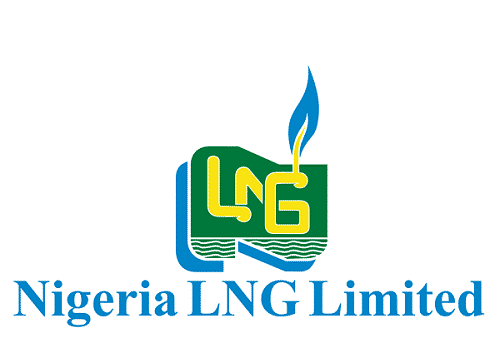
NLNG SUSPENDS GAS PRODUCTION OVER FLOOD
BY DAMILOLA LAWRENCE
The Nigeria Liquefied and Natural Gas company (NLNG) has announced suspension of gas production because of widespread flooding that has disrupted supply, a spokesman for the company said on Monday.
The announcement could worsen Nigeria’s cash crunch and would limit global gas supply as Europe and others struggle to replace Russian exports due to the invasion of Ukraine in February.
“The notice by the gas suppliers was a result of high flooding in their operational areas, leading to a shut-in of gas production which has caused significant disruption of gas supply to NLNG,” spokesperson Andy Odeh said.
General Manager, External Relations and Sustainable Development of NLNG, Mr Andy Odeh, said in a statement, on Tuesday in Lagos.
Odeh said the company would, as a reasonable and prudent operator, endeavour to mitigate the impact of the force majeure to the extent reasonably possible.
He said NLNG had declared force majeure on product supplies from its production facilities on Bonny Island, Nigeria, following the declaration of force majeure by all its upstream gas suppliers.
“Consequently, NLNG activated force majeure clauses in accordance with the Sales and Purchase Agreements (SPA) provisions.”
He said NLNG was determining the extent of the disruption and would try to mitigate the impact of the force majeure.
According to report, Flooding in Nigeria has killed more than 600 people, displaced 1.4 million and destroyed roads and farmland.
Officials have warned that the flooding, caused by unusually heavy rains and the release of water from a dam in Cameroon, could continue till November.
NLNG’s supply had already been limited due to prolific oil theft that has slashed output from what is typically Africa’s largest exporter. NLNG had exported roughly 18 cargoes in September, according to Refinitiv data.
Nigeria relies on fossil fuel exports for 90 per cent of its foreign exchange and roughly half its budget. Crude oil exports fell below one million barrels per day on average in August, the lowest level since the 1980s, due to theft that has exceeded 80 per cent on certain pipelines.
Crushing fuel subsidy costs have also kept Africa’s most populous nation from benefiting from this year’s surge in oil prices.
